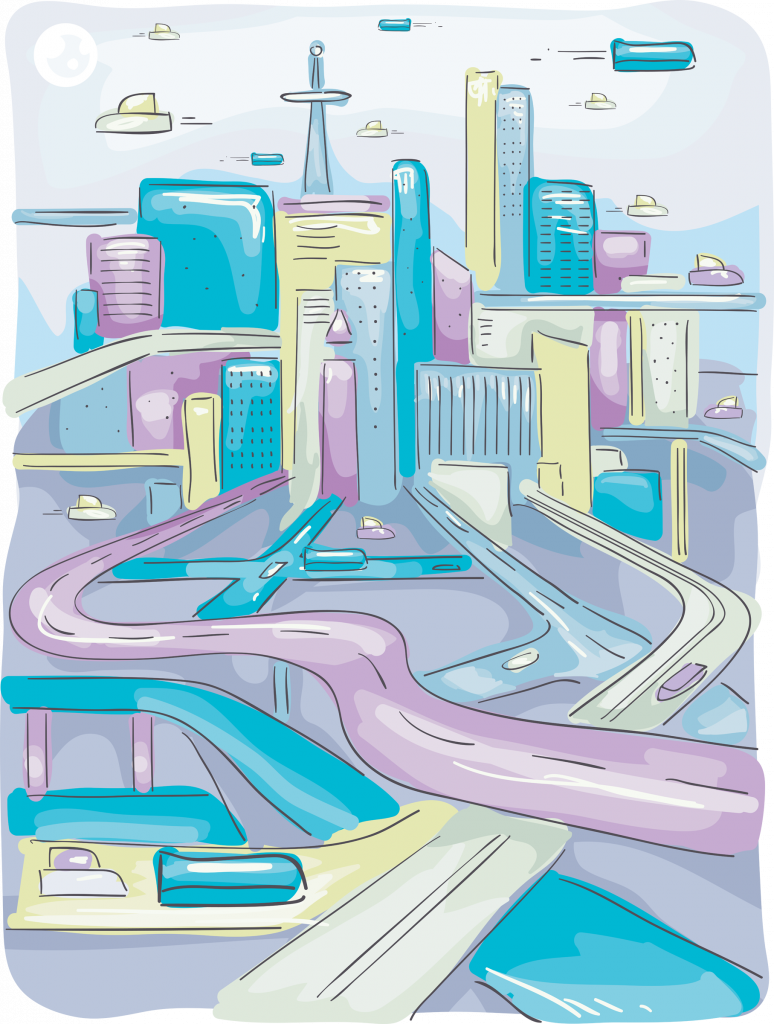
Smart Cities Need Smart Logistics Policies
Traffic congestion in cities can be a nightmare. It’s an age-old problem made worse by modern modes of transportation. Over a decade ago, Anthony Downs, a real estate finance expert, wrote, “Rising
In this blog, we discuss cognitive computing and other technologies with a focus on supply chain management and innovation. Other topics of discussion include digital enterprise transformation, marketing, the Internet of Things, and smart cities. Our goal is to advance the public discussion about how cognitive computing and other advanced technologies affect the world in which we live.
Bradd C. Hayes is the active editor of this blog.

Traffic congestion in cities can be a nightmare. It’s an age-old problem made worse by modern modes of transportation. Over a decade ago, Anthony Downs, a real estate finance expert, wrote, “Rising

With two-thirds of the world’s population predicted to live in urban areas by 2050 and, knowing cities already account for roughly three-quarters of greenhouse gas emissions, it’s little wonder people are looking

Although there are people who deny human activity affects climate change, most scientists believe the facts demonstrate human activities do make a difference. Kate Marvel (@DrKateMarvel), a climate scientist at Columbia University,

I’ve read numerous articles asking the question (or a something similar to the question) “What is a smart city?” Freda Miklin (@famiklin) provides a succinct answer. She writes, “A ‘smart city’ is

Traffic congestion is a problem in most metropolitan areas and city planners are wrestling with how to deal with it. Many of them look longingly to the day when autonomous vehicles take

One of the traits setting humans apart from other animals is imagination. Albert Einstein once remarked, “The true sign of intelligence is not knowledge but imagination.” Science fiction writers, futurists, and even

The term “smart city” is tossed around a lot during discussions about the future of urban environments. Nevertheless, people continue to ask questions like: What is a smart city? What makes a

Few people would argue cities are smart enough about how they manage systems and use resources and there’s no reason to get smarter. There are numerous skeptics, however, who worry smart city

Big visions are wonderful guides to the future. But every journey begins with a first step and the path to a smart city begins with connectivity. Adie Tomer (@AdieTomer), a fellow at

People move to cities for many reasons, including the fact that resources can be used more efficiently and effectively when people live closer together. In the Digital Age, the desire to do
All Rights Reserved. Privacy Policy | Terms and Conditions ©2024 Enterra Solutions LLC® | Click for Accessibility

inquiries@enterrasolutions.com

One of our team members will reach out shortly and we will help make your business brilliant!